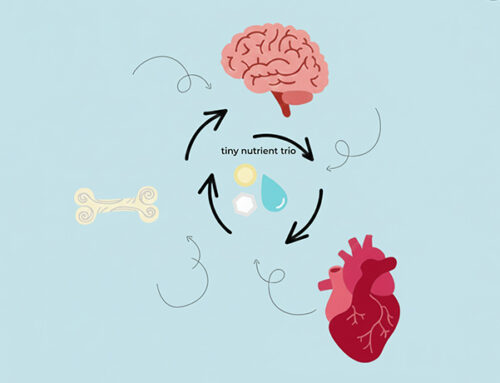Researchers have at Cleveland Clinic designed a new class of drugs, which target a specific microbiome pathway in the gut (1), which may reduce the risk of cardiovascular disease. The compound were tested in animal models and prevented the production of a by-product in the gut, which is linked, to strokes and heart attacks in humans.
Unlike antibiotics that kill gut bacteria and can lead to adverse side effects and resistance, the new class of compounds prevents microbes from making a harmful molecule linked to heart disease without killing the microbes, which are part of the commensal flora and may be beneficial to overall health.
In animal model studies, the new drugs reversed two major risk factors for cardiovascular disease—increased platelet responsiveness and excessive clot formation—by lowering levels of TMAO (trimethylamine N-oxide), a gut bacteria byproduct that forms during digestion. High levels of TMAO in the blood have been shown to be a powerful tool for predicting future heart attack, stroke and death risks, according to previous research. The same team that led this study was the first to demonstrate that the metabolite TMAO is produced when gut bacteria digest choline, lechithin and carnitine (2), nutrients that are abundant in animal products such as red meat and liver. Choline is also abundant in egg yolk and high-fat dairy products.
Human gut flora and its associated gene pool –human microbiome- is a powerful new organ that modulates all aspects of human physiology, health and longevity. This study is the one of first seminal studies showing how ‘drugging’ or modulating the microbiome may alter a disease process without any observable toxic side effects. It seems that diversifying and modulating your gut flora is a key to aspect in preventing pathological progression of several diseases.
References:
Adam B. Roberts et al, Development of a gut microbe–targeted nonlethal therapeutic to inhibit thrombosis potential, Nature Medicine (2018). DOI: 10.1038/s41591-018-0128-1
Wang, Z. et al. Gut flora metabolism of phosphatidylcholine promotes cardiovascular disease. Nature. 2011 Apr 7; 472(7341): 57–63. doi: 10.1038/nature09922




